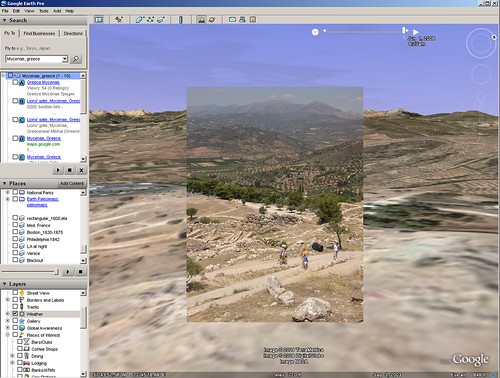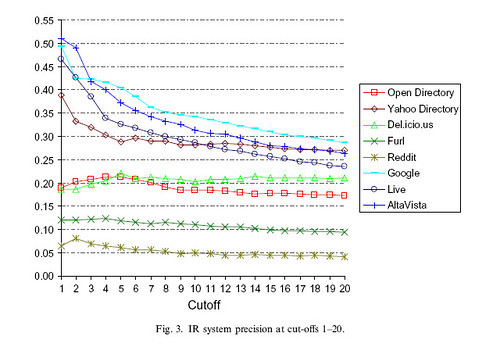 My esteemed colleague Beah just started blogging, and opened her blog with a very important question – Why Blog? I remember people asking a similar question years ago when I registered this domain – why would you want to have a website with your name on it? Almost the same question has come to my mind recently when playing around with Twitter.
My esteemed colleague Beah just started blogging, and opened her blog with a very important question – Why Blog? I remember people asking a similar question years ago when I registered this domain – why would you want to have a website with your name on it? Almost the same question has come to my mind recently when playing around with Twitter.
So, why blog? With all the hundreds of thousands of blogs on the web you might think there’s no need to ask this question. One of the best things about social science is asking questions about things that everyone takes for granted. Unfortunately the “science” part of social science is a bit too time-consuming to finish up on a Sunday-evening blog post, so instead we’ll look at a few sites of friends and colleagues and maybe collect some thoughts on what motivates people to blog.
First, why do I blog here? I try to keep this blog relatively professional, posting mostly on topics that I encounter in my work, in my academic research, and in my side projects (the standard disclaimer, as always, applies). One of my motivations was sharing some of the research done for classwork – it seemed a shame to write up a report, turn it in to a professor, and then let it gather dust in some corner of my hard drive. My undergrad degree was in journalism and I do miss writing, so that’s another motive. Also, having been through some rough patches in my career during the dot-com downturn, I thought blogging might help me establish a bit of a professional brand. I have my URL on my resume and I would hope that any company looking to hire me would get an idea that I’m knowledgeable and interested in relevant areas.
But I’m not a very random sample, so let’s look at a few other blogs and try to appreciate why they write. I think I can place them into a few rough categories:
Personal takes on professional / technical interests:
This is largely where my blog falls. Common post topics will include things like “how to get around an annoying issue with some software/programming language,” “very excited about the new device from Apple,” “report from a conference,” and “very disappointed with the new device from Apple.”
Public journaling to keep in touch with friends and family:
I’ve done this in the past as well – blogs taking the place of those old-fashioned mass emails you used to send out freshman year of college. If you went to college in the ancient days before blogs and Facebook. This is a place for both epic travelogues and saved IM conversations filled with inside jokes.
Sharing interests and reviews:
This category runs the gamut from folks who just want to show their friends a funny Youtube video to blogging a season of a TV show to reviewers writing prolifically about a very obscure musical genre.
Artistic or literary expression:
Self-publishing has opened the doors for artists and writers, both amateur and professional, to share their work with whatever audience they find. This can run from virtual serial galleries shows to community-driven commentary and learning.
Of course these all overlap, and some blogs cover all the bases. See KooKoo for KokoPuffs for an example
So do we answer our question with a plethora of distinct motives for blogging? Not necessarily. There’s one theme that runs throughout all of the above – these are all social activities. Ultimately blogging is human interaction.
…
Oh, and that other question – why use Twitter? No clue.
Got a reason why you use Twitter? Are you a co-worker angry at me for misconstruing your blog? Please let me know in the comments below.




